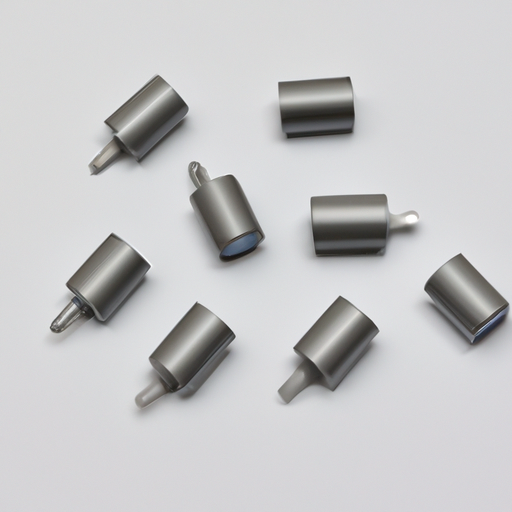Overview of Proximity Sensors
Proximity sensors are essential components in modern technology, enabling devices to detect the presence or absence of objects without physical contact. The 9250-686 Proximity Sensor is a specific model that exemplifies the capabilities of these sensors across various industries. Below, we delve into the core functional technologies, application development cases, and relevant articles that highlight the effectiveness of proximity sensors.
Core Functional Technologies
| 1. Types of Proximity Sensors | |
| 2. Operating Principles | |
| 3. Signal Processing | |
| 1. Industrial Automation | |
| 2. Automotive Industry | |
| 3. Consumer Electronics | |
| 4. Smart Home Applications | |
| 5. Healthcare | |
| 1. "Understanding Proximity Sensors: Types and Applications" | This article provides a comprehensive overview of different types of proximity sensors and their applications across various industries. |
| 2. "The Role of Proximity Sensors in Automation" | A detailed exploration of how proximity sensors are transforming industrial automation and improving operational efficiency. |
Application Development Cases
Articles and Resources

3. "Innovations in Proximity Sensing Technology" - A review of recent advancements in proximity sensor technology, including smart sensors and IoT integration.
4. "Case Studies in Proximity Sensor Applications" - A compilation of real-world examples showcasing the successful implementation of proximity sensors in various sectors.
5. "Designing with Proximity Sensors: Best Practices" - A guide for engineers and developers on effectively integrating proximity sensors into their designs.
Conclusion
Proximity sensors, including models like the 9250-686, are integral to modern technology across various sectors. Their ability to detect objects without contact makes them invaluable in automation, safety, and user interface applications. By understanding their core technologies and real-world applications, developers and engineers can effectively leverage these sensors in their projects, driving innovation and efficiency in their respective fields.
Overview of Proximity Sensors
Proximity sensors are essential components in modern technology, enabling devices to detect the presence or absence of objects without physical contact. The 9250-686 Proximity Sensor is a specific model that exemplifies the capabilities of these sensors across various industries. Below, we delve into the core functional technologies, application development cases, and relevant articles that highlight the effectiveness of proximity sensors.
Core Functional Technologies
| 1. Types of Proximity Sensors | |
| 2. Operating Principles | |
| 3. Signal Processing | |
| 1. Industrial Automation | |
| 2. Automotive Industry | |
| 3. Consumer Electronics | |
| 4. Smart Home Applications | |
| 5. Healthcare | |
| 1. "Understanding Proximity Sensors: Types and Applications" | This article provides a comprehensive overview of different types of proximity sensors and their applications across various industries. |
| 2. "The Role of Proximity Sensors in Automation" | A detailed exploration of how proximity sensors are transforming industrial automation and improving operational efficiency. |
Application Development Cases
Articles and Resources

3. "Innovations in Proximity Sensing Technology" - A review of recent advancements in proximity sensor technology, including smart sensors and IoT integration.
4. "Case Studies in Proximity Sensor Applications" - A compilation of real-world examples showcasing the successful implementation of proximity sensors in various sectors.
5. "Designing with Proximity Sensors: Best Practices" - A guide for engineers and developers on effectively integrating proximity sensors into their designs.
Conclusion
Proximity sensors, including models like the 9250-686, are integral to modern technology across various sectors. Their ability to detect objects without contact makes them invaluable in automation, safety, and user interface applications. By understanding their core technologies and real-world applications, developers and engineers can effectively leverage these sensors in their projects, driving innovation and efficiency in their respective fields.






